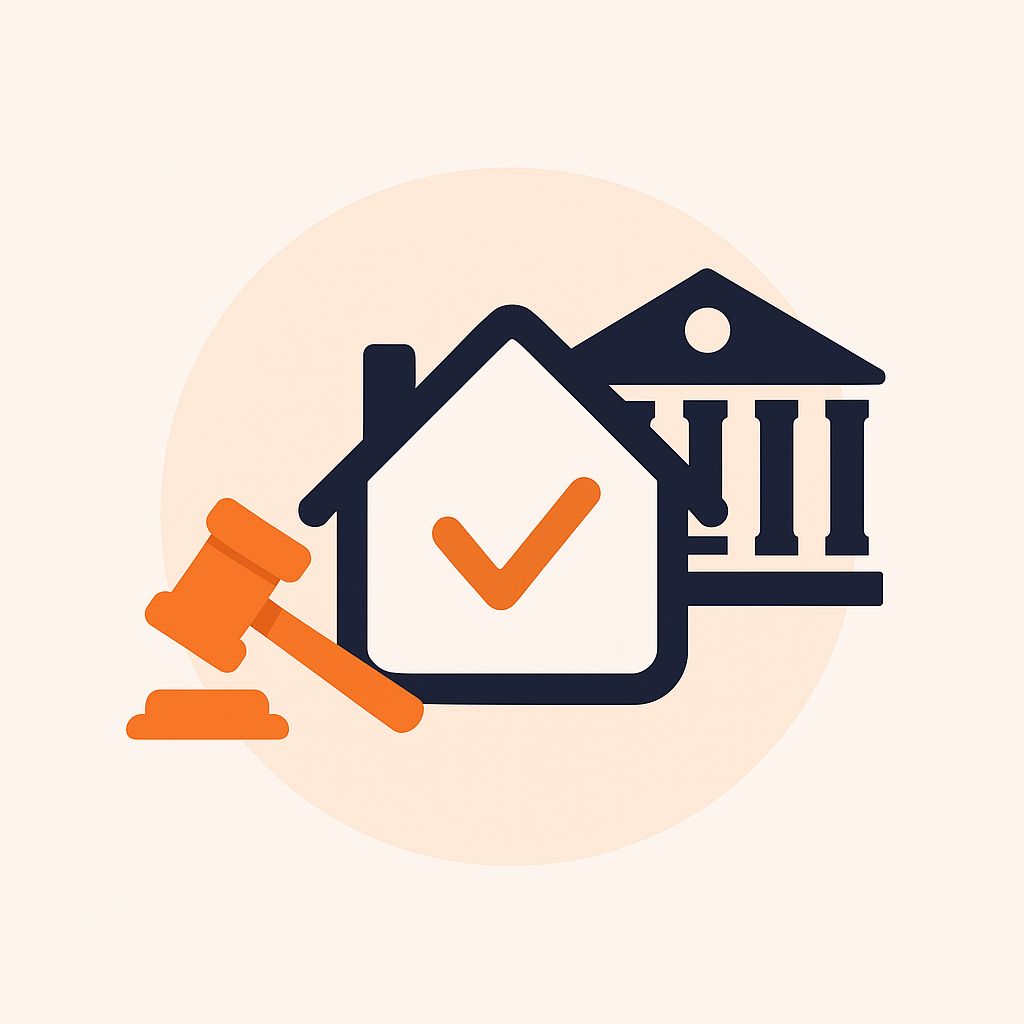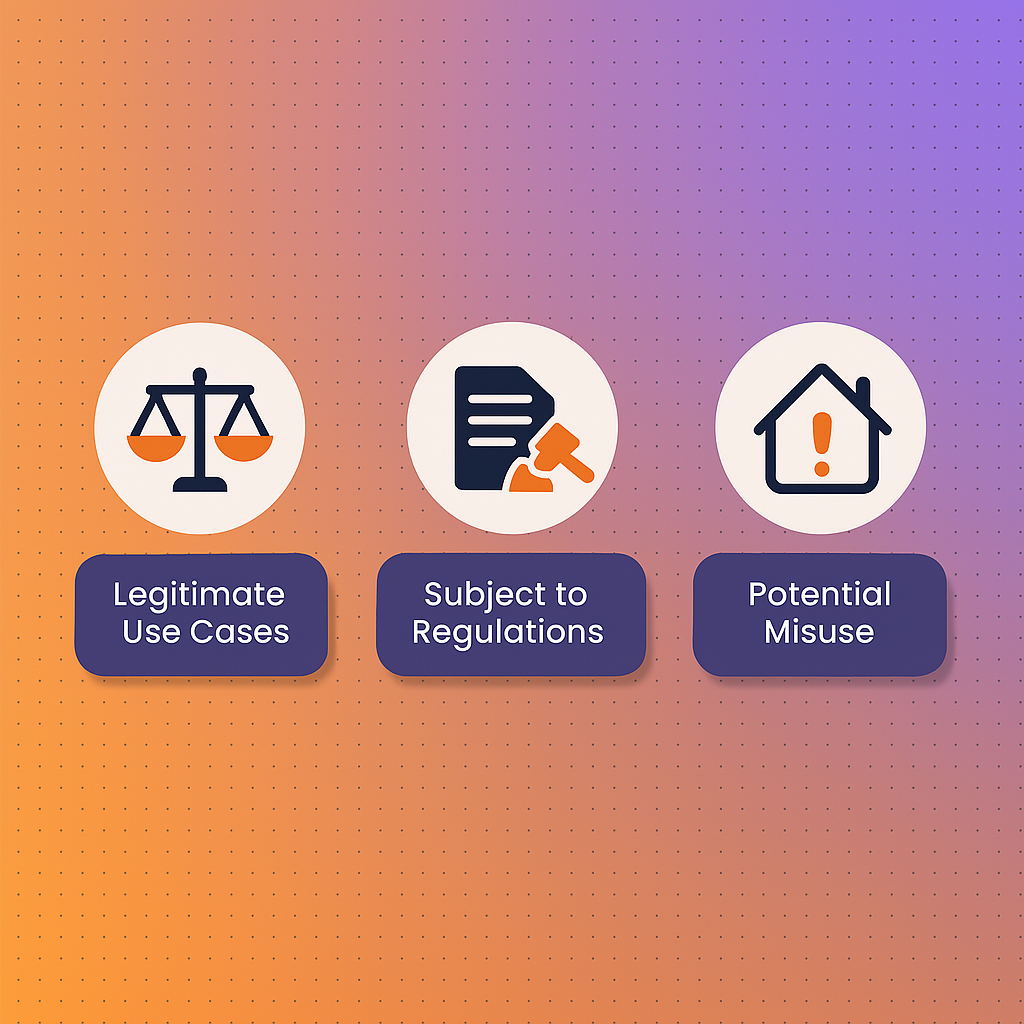Residential proxies are an essential tool for businesses and individuals seeking enhanced online privacy, access to geo-restricted content, and seamless data collection. These proxies route internet traffic through real residential IP addresses provided by legitimate Internet Service Providers (ISPs), making users appear as ordinary web visitors.
But an important question arises: Are residential proxies legal? The answer largely depends on how they are used and the laws governing their application in different jurisdictions. While residential proxies are legal in most cases, certain uses can cross ethical or legal boundaries.
This article will explain what residential proxies are, clarify their legal standing, and offer guidance on how to use them responsibly. Whether you’re exploring proxies for personal or professional use, understanding their legal implications is crucial for compliance and ethical online activity.
What Are Residential Proxies?
Residential proxies are a type of proxy service that assigns real IP addresses tied to physical locations. These IPs are associated with actual devices, such as home routers, making them indistinguishable from genuine users. When a user connects through a residential proxy, their online activity appears to originate from the proxy’s location rather than their own, offering anonymity and bypassing geographical restrictions.
Key Features of Residential Proxies
- Authentic IP Addresses: Residential proxies use IPs from real ISPs, reducing the likelihood of detection or bans.
- Geo-Targeting Capabilities: They enable access to region-specific content, which is valuable for market research or testing localized services.
- Enhanced Anonymity: By masking the user’s IP, residential proxies improve online privacy and security.
How They Differ from Other Proxies
Residential proxies differ from datacenter proxies, which use IP addresses generated by servers in data centers. While datacenter proxies are faster and cheaper, they are more easily detected by websites. Residential proxies offer a higher level of authenticity and are less likely to trigger blocks or CAPTCHAs, making them the preferred choice for tasks requiring stealth and reliability.
Common Use Cases for Residential Proxies
- Web Scraping: Extracting publicly available data from websites without detection.
- Ad Verification: Checking digital advertisements for fraud or discrepancies across different regions.
- Bypassing Geo-Restrictions: Accessing content, such as streaming services, limited to specific locations.
- E-Commerce Monitoring: Tracking prices, inventory, or competitor trends.
NetNut’s Role in Delivering High-Quality Residential Proxies
NetNut provides access to a vast network of over 85 million residential IPs across 195 countries. With features like unlimited concurrent sessions and advanced routing technology, NetNut ensures that users experience seamless and legally compliant proxy services. Businesses trust NetNut for high-quality residential proxies that meet ethical standards while delivering exceptional performance.
Are Residential Proxies Legal?
The question of whether residential proxies are legal doesn’t have a simple yes-or-no answer. Residential proxies are legal when used ethically and for legitimate purposes. However, their legality can vary based on how they are used, local regulations, and the terms of service of the websites or platforms being accessed.
Legal Framework
- General Legality: The use of residential proxies themselves is legal. They are tools, much like a VPN, that mask your IP address to provide anonymity and bypass restrictions.
- Usage Determines Legality: Actions taken using a residential proxy determine whether its use is lawful or not. Ethical uses like web scraping public data, ad verification, or accessing region-specific content are generally permissible. On the other hand, illegal uses like hacking or bypassing secure systems without authorization are against the law.
Jurisdictional Differences
The laws governing proxies vary by region. For example:
- In countries with strict internet censorship, using proxies to bypass restrictions may violate local laws.
- In other regions, proxies are widely accepted as a legitimate tool for online activities.
Ultimately, it’s the user’s responsibility to comply with local regulations and website terms.
Legal Uses of Residential Proxies
Residential proxies have many valid applications that are entirely within the boundaries of the law. These uses often involve improving online privacy, gathering public data, or enhancing business operations.
Examples of Legal Proxy Uses
- Web Scraping for Public Data
Residential proxies are commonly used to collect publicly available information from websites. For example, businesses might scrape pricing data from competitor websites to adjust their strategies. As long as the data being accessed is not protected by login credentials or legal restrictions, this use is typically legal. - Ad Verification
Advertisers and agencies use proxies to verify that their ads are displayed correctly across different regions. This ensures compliance and prevents ad fraud, a significant issue in digital marketing. - Bypassing Geo-Restrictions
Residential proxies enable access to region-specific content, such as streaming services or localized e-commerce sites. This use is lawful as long as it does not breach the terms of service of the platform. - E-Commerce Monitoring
Companies use residential proxies to monitor inventory levels, pricing trends, and reviews across various markets. This allows businesses to make informed decisions and stay competitive. - Enhancing Privacy
Individuals and businesses use residential proxies to protect their online identity, avoid tracking, and secure sensitive information during online interactions.
How NetNut Supports Legal Proxy Use
NetNut’s residential proxies are designed for ethical and legitimate applications, providing businesses and individuals with a secure and reliable solution. With over 85 million IPs, NetNut’s service supports lawful uses such as ad verification, SEO monitoring, and accessing public data, ensuring compliance with regulations and website policies.
Legal Considerations When Using Residential Proxies
To ensure that you are using residential proxies legally, it’s important to follow specific guidelines and best practices. Compliance not only protects you from legal issues but also enhances the overall legitimacy of proxy usage.
1. Understand Local Laws
- Research the regulations surrounding proxy use in your country.
- Be aware of laws related to data privacy and internet usage.
- Avoid using proxies in ways that conflict with local censorship or surveillance policies.
2. Follow Website Terms of Service
- Read and adhere to the terms of service of websites you access.
- Avoid scraping private or restricted data without permission.
3. Choose a Reputable Provider
- Select a proxy provider like NetNut that ensures transparency and ethical practices.
- Use proxies that are sourced legally and do not rely on questionable methods to obtain IP addresses.
4. Use Proxies for Legitimate Purposes
- Stick to lawful activities such as web scraping for public data, accessing geo-restricted content, or verifying advertisements.
- Avoid using proxies for illegal or unethical tasks.
How NetNut Ensures Compliance
NetNut prioritizes legal and ethical usage by providing residential proxies that are sourced transparently from legitimate ISPs. By offering flexible plans, unlimited bandwidth options, and a vast network of over 85 million IPs, NetNut empowers users to achieve their goals while staying within the boundaries of the law.
How NetNut Supports Legal Proxy Use
NetNut is committed to providing residential proxies that are both reliable and legally compliant. As a trusted provider, NetNut focuses on ethical sourcing, transparency, and high-quality service, ensuring that its customers can use proxies responsibly and effectively. Here are some ways NetNut supports legal proxy use:
1. Ethically Sourced IP Addresses
NetNut works directly with Internet Service Providers (ISPs) to source its residential IP addresses. This approach ensures that all IPs are legitimate and obtained through legal agreements, setting NetNut apart from providers that rely on questionable or unauthorized methods.
2. Compliance with Regulations
NetNut’s services are designed to align with international laws and regulations. Customers can confidently use its proxies for legitimate applications, knowing that the provider operates within the boundaries of the law.
3. Versatile Use Cases
NetNut’s residential proxies are optimized for a wide range of legal and ethical applications, including:
- Ad verification to ensure marketing transparency.
- Collecting publicly available data for research or analytics.
- Accessing geo-restricted content for testing and analysis.
- Protecting user privacy and securing sensitive online activities.
4. Transparency and Support
NetNut provides clear documentation and dedicated customer support to help users set up and manage proxies responsibly. Whether you are new to proxies or an experienced user, NetNut ensures you have the resources needed to comply with laws and best practices.
5. Flexible and Customizable Plans
NetNut offers plans tailored to different user needs, from individual users to large enterprises. Features like unlimited bandwidth, high success rates, and customizable proxy settings ensure that users get the best value without compromising on compliance.
Conclusion
Residential proxies are powerful tools for enhancing privacy, accessing geo-restricted content, and performing various online tasks. Are residential proxies legal? Yes, they are legal when used for legitimate purposes and in compliance with relevant laws and regulations. However, misuse can lead to legal consequences, making it essential to use them responsibly.
To ensure compliance, always follow these guidelines:
- Understand the laws in your jurisdiction.
- Respect website terms of service.
- Avoid using proxies for unethical or illegal activities.
By choosing a trusted provider like NetNut, users can access residential proxies that are ethically sourced, reliable, and optimized for legal use. With a vast network of 85 million residential IPs and customizable plans, NetNut empowers users to achieve their goals safely and responsibly.
For dependable and legally compliant residential proxies, explore NetNut’s services today and experience unmatched quality and performance.







